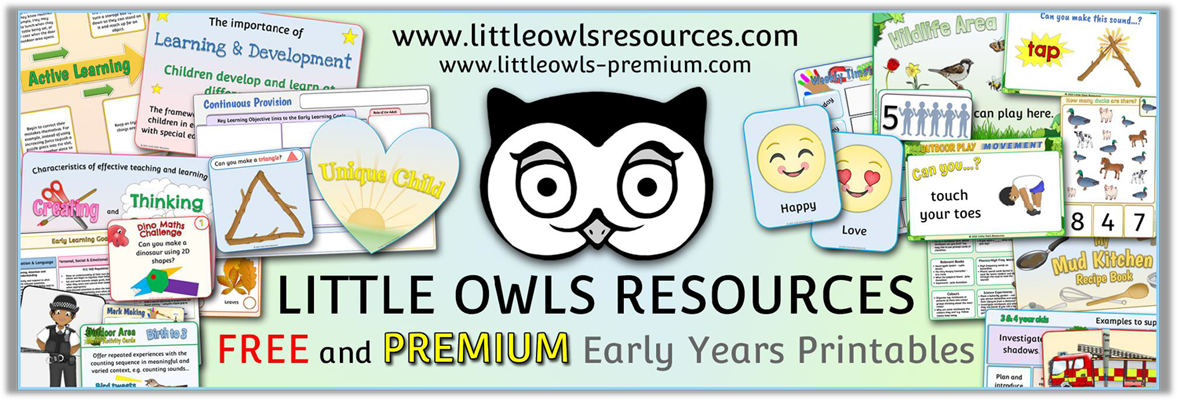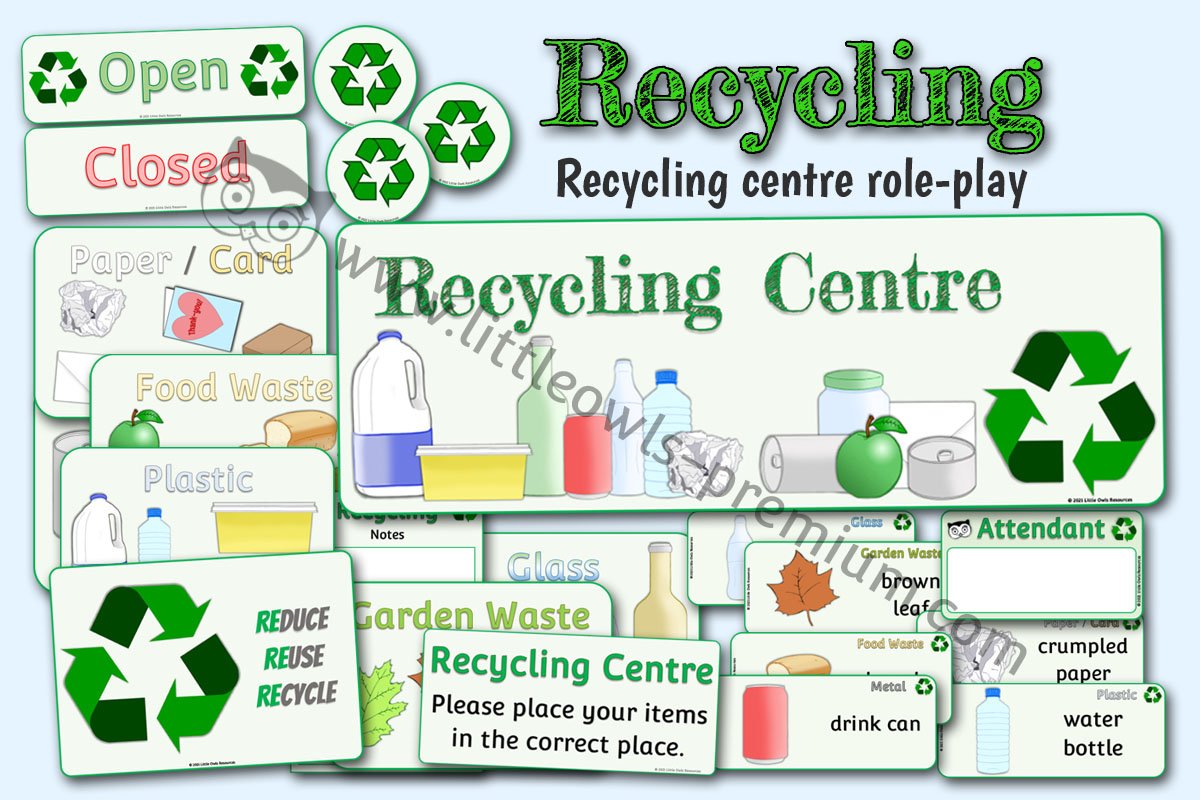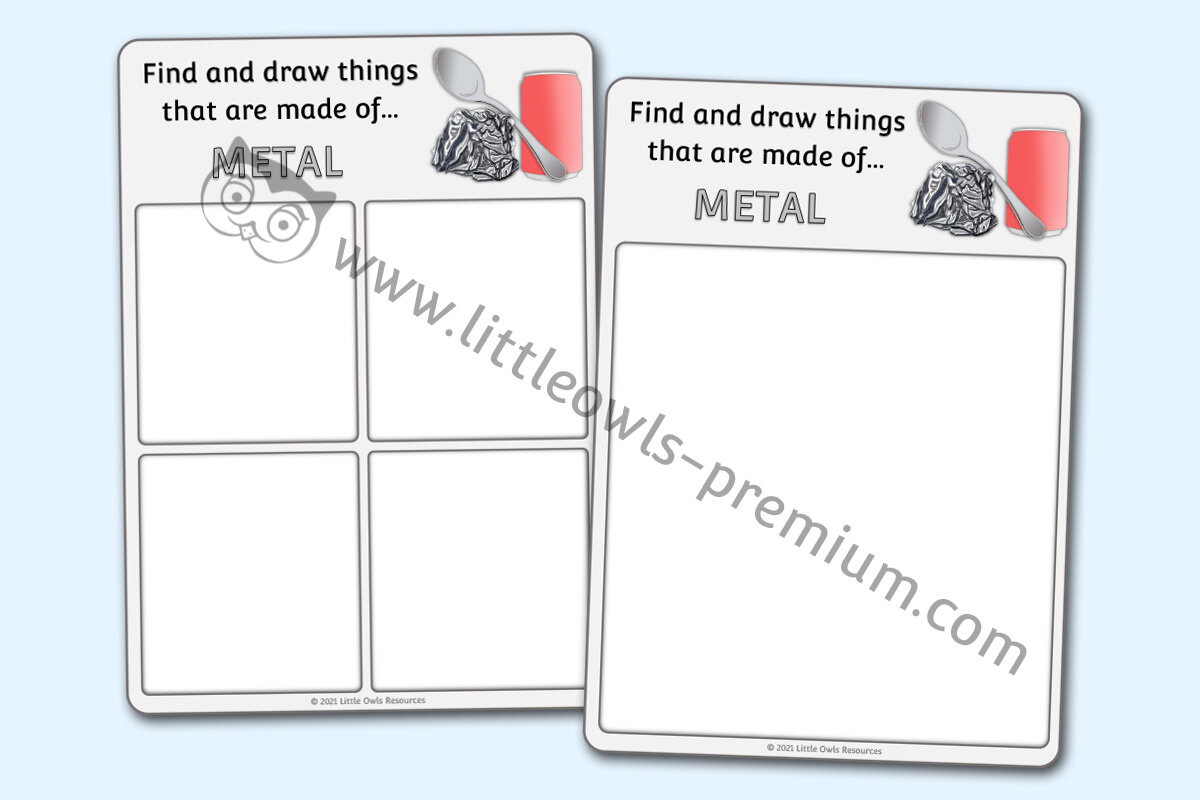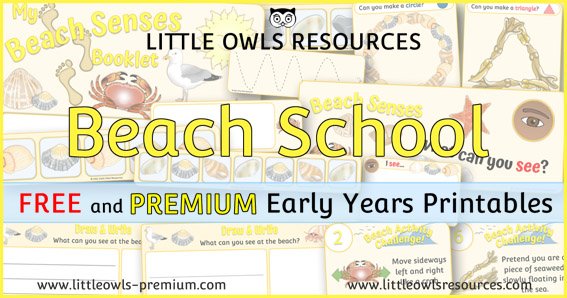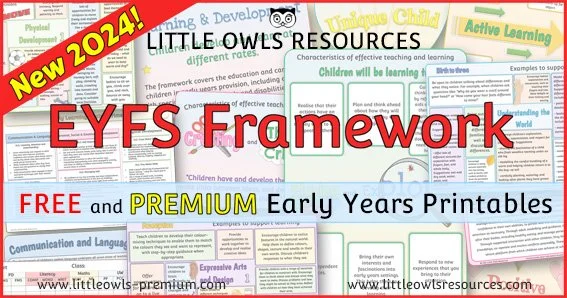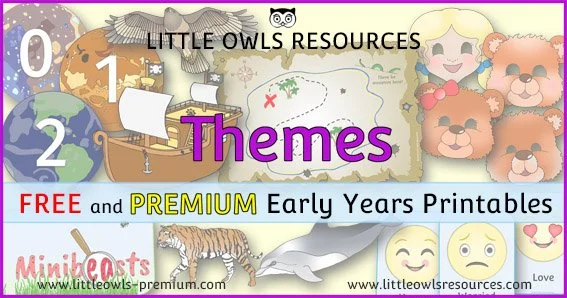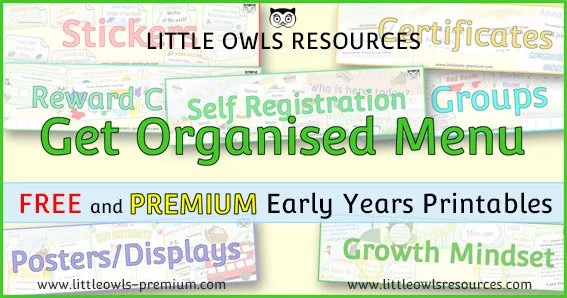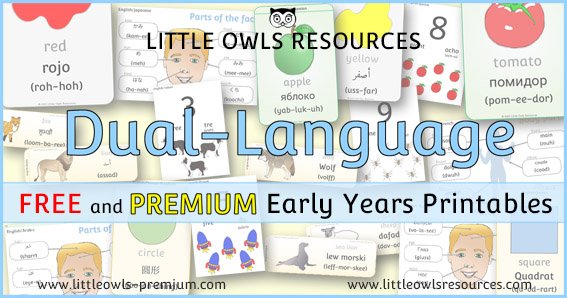Recycling - EYFS/Early Years activities, Displays and ideas
SECTIONS ON THIS PAGE:
Free Sample Resource
Core ‘Recycling’ resources
Materials
Related special dates - Zero Waste Week - Recycle Week (Scroll down to find out more)
More ‘Environment’ themed topics & special dates you may be interested in
If you are not a member already, become a ‘Free Access’ member here. This will give you access to resources within the ‘Free Sample Resources’ sections at the top of most pages and ‘Special Dates Calendars’. Some whole topics are even free! Find out more about all of our membership options here. If you are already a member… thank-you! x
Current Free Sample!
(Click on the image below to find out more)
Please note that both Editable (docx file) and non-editable (pdf file) versions are available for all ‘Recycling’ topic resources. (Editable files require Microsoft Word to work at optimum level and Non-Editable files require a pdf viewer.)
Click on the thumbnail images below for further details…
Core ‘Recycling’ topic resources
Materials
Related Special Dates
♻️ Zero Waste Week
Zero Waste Week is an annual campaign in the UK that promotes waste reduction and encourages individuals, businesses, and communities to reduce the amount of waste they produce. Launched in 2008 by environmentalist Rachelle Strauss, the campaign takes place every first full week of September. The goal is to raise awareness about waste issues and inspire people to make more sustainable choices, thereby reducing their environmental impact.
Key Aspects of Zero Waste Week:
Purpose:
The campaign focuses on minimising waste in various forms, including food waste, single-use plastics, and packaging, as well as encouraging recycling and reusing materials. It aims to help participants live a more eco-friendly lifestyle by reducing what they send to landfill.
Community and Business Involvement:
Zero Waste Week involves not just individuals but also businesses, schools, and organisations that commit to taking practical steps towards sustainability. Participants pledge to reduce waste, engage in eco-friendly practices, and spread awareness.
Educational Focus:
Throughout the week, educational materials, tips, and online events are shared to help people understand the importance of waste reduction and how they can make small changes that lead to big environmental benefits. Topics covered range from reducing food waste to cutting down on single-use plastics.
Themes:
Each year, Zero Waste Week focuses on a specific theme, such as food waste, plastic pollution, or sustainable living, to target particular environmental issues and offer tailored solutions.
Global Reach:
While it started in the UK, Zero Waste Week has gained international traction, with participants from around the world joining the movement to reduce waste and live more sustainably.
Why It Matters: Zero Waste Week highlights the increasing problem of landfill waste and the environmental damage caused by excessive consumption and improper waste management. By encouraging everyday actions and sustainable habits, it promotes long-term change in how we handle waste.
♻️ Recycle Week
Recycle Week is an annual event in the UK that promotes recycling awareness and encourages people to recycle more effectively. Organised by WRAP (Waste and Resources Action Programme) under their Recycle Now campaign, it aims to engage communities, businesses, and individuals across the UK to highlight the importance of recycling in protecting the environment and reducing waste.
Purpose and Objectives of Recycle Week:
Raising Awareness: The main goal is to increase public awareness about recycling practices, what materials can be recycled, and how recycling benefits the environment.
Encouraging Behaviour Change: Recycle Week focuses on inspiring positive changes in people’s recycling habits, urging them to recycle more and to recycle correctly (avoiding contamination like food waste mixed with recyclables).
Promoting Sustainability: The event connects recycling efforts to broader environmental issues like climate change, emphasising the role individuals and communities play in creating a more sustainable future.
When is Recycle Week?
Recycle Week takes place annually, usually in the last week of September. The specific dates vary, but it typically runs for seven days, during which events, campaigns, and initiatives are held nationwide.
Activities and Campaigns During Recycle Week:
Local and National Campaigns: WRAP, in collaboration with local councils, businesses, and organisations, launches various educational campaigns. These include posters, social media challenges, and information sessions to teach people about correct recycling habits.
Community Events: Many councils and community groups organise local events such as recycling workshops, street clean-ups, and recycling drop-off points for hard-to-recycle items.
Business Involvement: Businesses often get involved by promoting recycling within the workplace, providing resources for employees, and partnering with WRAP to spread the message to their customers.
Impact and Importance:
Boosting Recycling Rates: Recycle Week has been successful in increasing recycling rates across the UK, motivating people to be more conscious about their waste habits and recycle more household items like plastics, paper, and glass.
Public Engagement: By making recycling visible and engaging through events, social media, and community involvement, Recycle Week helps to keep the conversation around recycling and sustainability active throughout the year.
Recycle Week serves as a pivotal moment for the UK to come together and take action toward a greener future by making small but impactful changes in daily recycling habits.
More ‘Environment’ themed topics & special dates you may be interested in…
